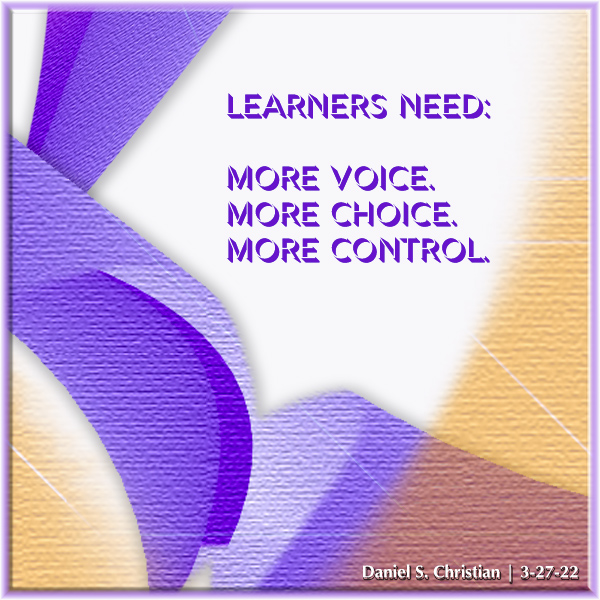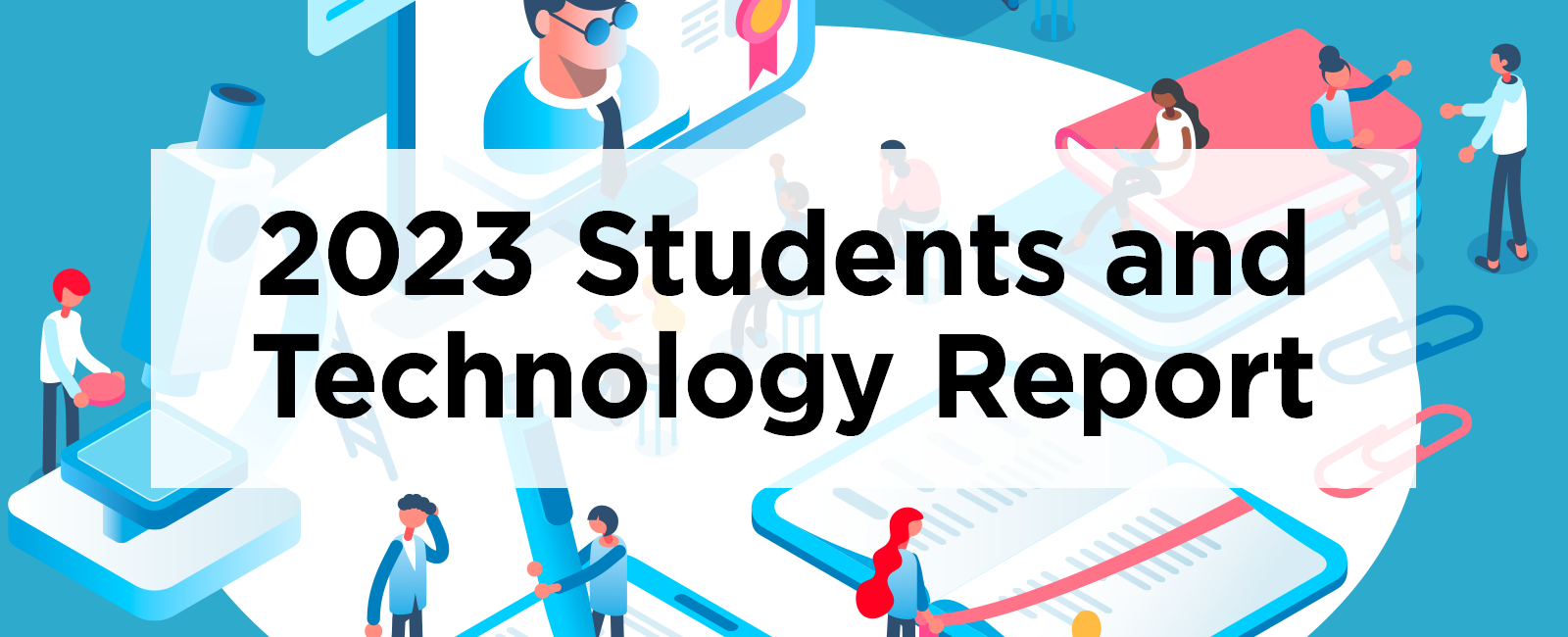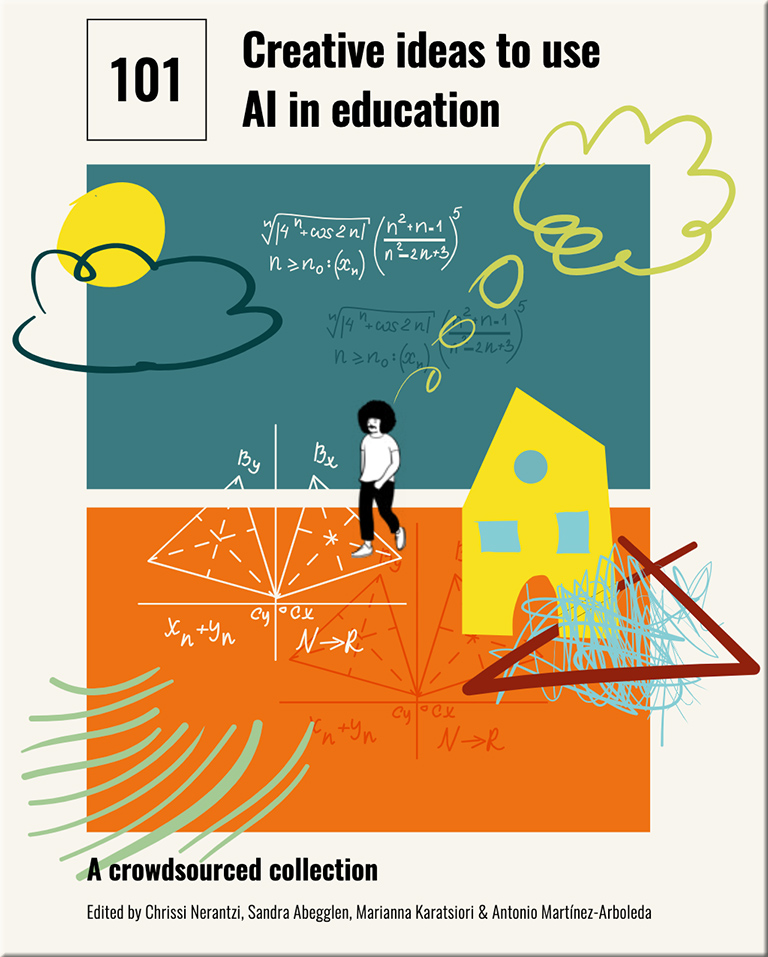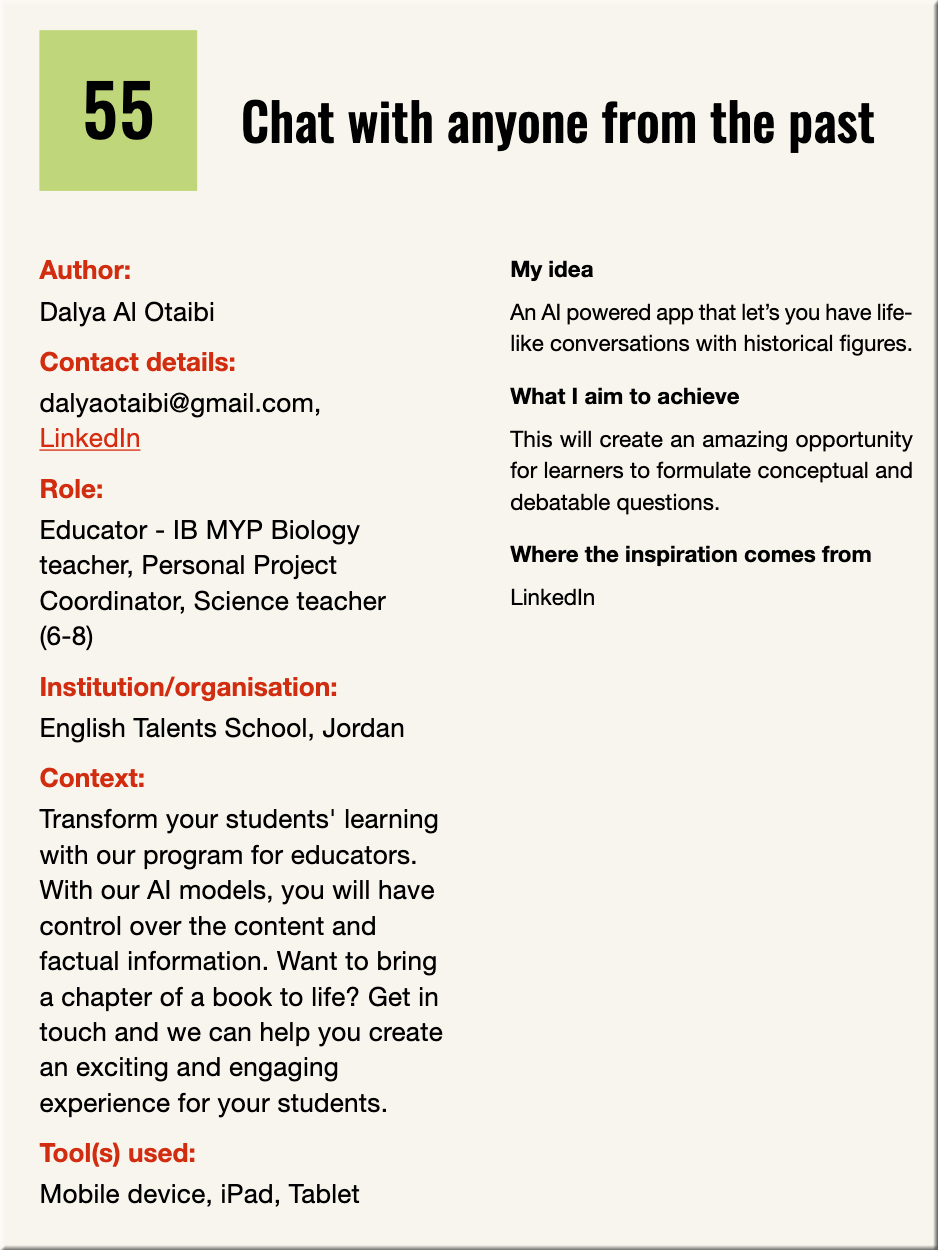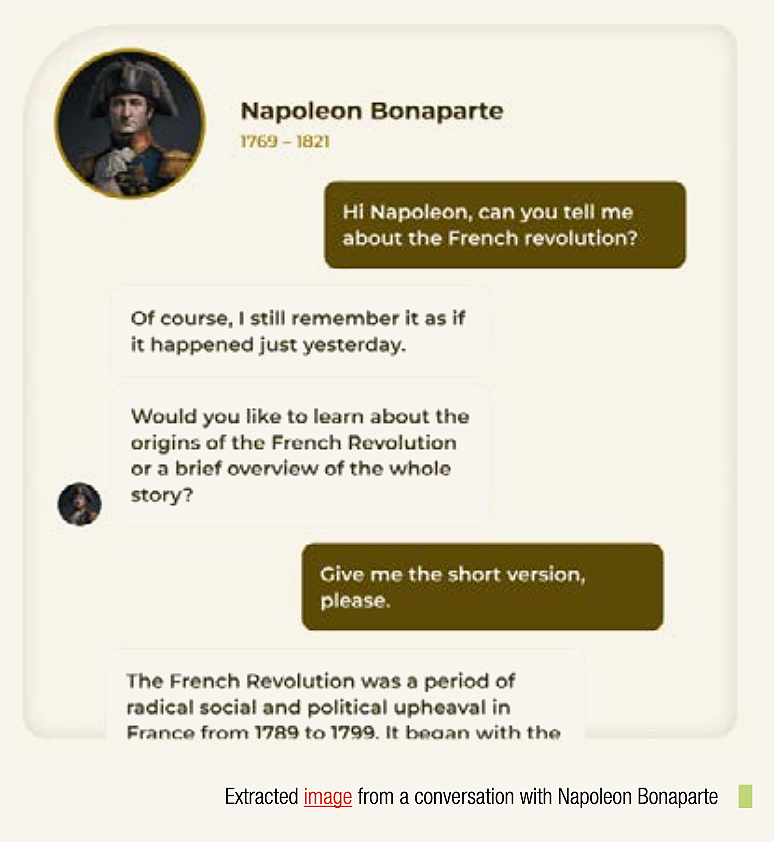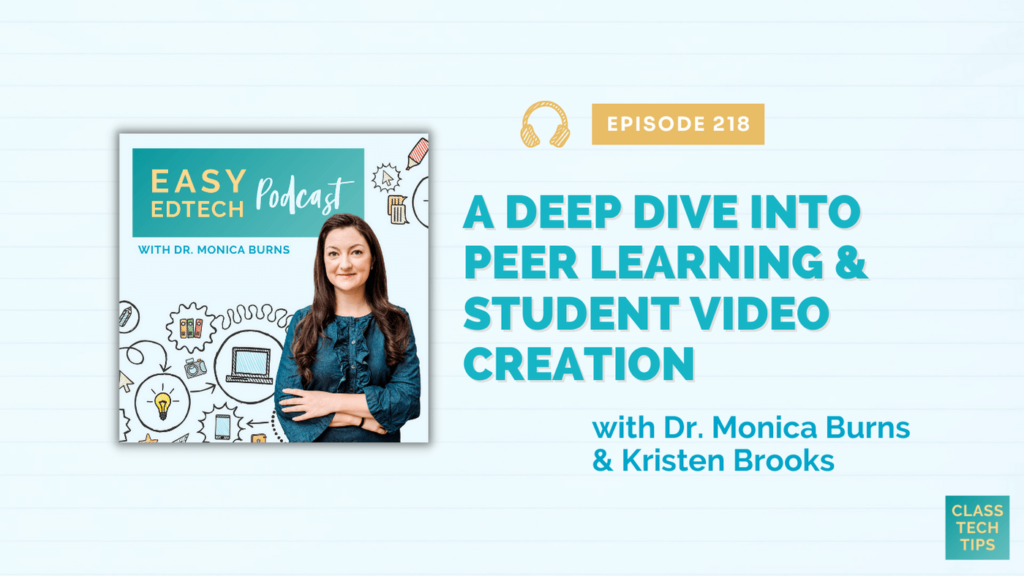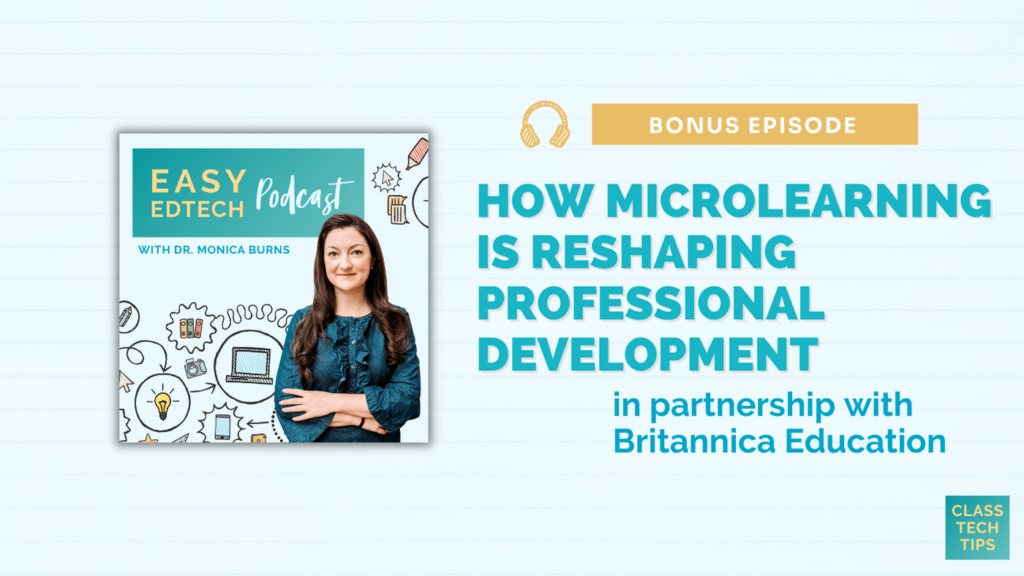Gen-AI Movie Trailer For Sci Fi Epic “Genesis” — from forbes.com by Charlie Fink
The movie trailer for “Genesis,” created with AI, is so convincing it caused a stir on Twitter [on July 27]. That’s how I found out about it. Created by Nicolas Neubert, a senior product designer who works for Elli by Volkswagen in Germany, the “Genesis” trailer promotes a dystopian sci-fi epic reminiscent of the Terminator. There is no movie, of course, only the trailer exists, but this is neither a gag nor a parody. It’s in a class of its own. Eerily made by man, but not.
Google’s water use is soaring. AI is only going to make it worse. — from businessinsider.com by Hugh Langley
Google just published its 2023 environmental report, and one thing is for certain: The company’s water use is soaring.
The internet giant said it consumed 5.6 billion gallons of water in 2022, the equivalent of 37 golf courses. Most of that — 5.2 billion gallons — was used for the company’s data centers, a 20% increase on the amount Google reported the year prior.
We think prompt engineering (learning to converse with an AI) is overrated. — from the Neuron
We think prompt engineering (learning to converse with an AI) is overrated. Yup, we said it. We think the future of chat interfaces will be a combination of preloading context and then allowing AI to guide you to the information you seek.
From DSC:
Agreed. I think we’ll see a lot more interface updates and changes to make things easier to use, find, develop.
Radar Trends to Watch: August 2023 — from oreilly.com by Mike Loukides
Developments in Programming, Web, Security, and More
Artificial Intelligence continues to dominate the news. In the past month, we’ve seen a number of major updates to language models: Claude 2, with its 100,000 token context limit; LLaMA 2, with (relatively) liberal restrictions on use; and Stable Diffusion XL, a significantly more capable version of Stable Diffusion. Does Claude 2’s huge context really change what the model can do? And what role will open access and open source language models have as commercial applications develop?
Try out Google ‘TextFX’ and its 10 creative AI tools for rappers, writers — from 9to5google.com by Abner Li; via Barsee – AI Valley
Google Lab Sessions are collaborations between “visionaries from all realms of human endeavor” and the company’s latest AI technology. [On 8/2/23], Google released TextFX as an “experiment to demonstrate how generative language technologies can empower the creativity and workflows of artists and creators” with Lupe Fiasco.
Google’s TextFX includes 10 tools and is powered by the PaLM 2 large language model via the PALM API. Meant to aid in the creative process of rappers, writers, and other wordsmiths, it is part of Google Labs.
